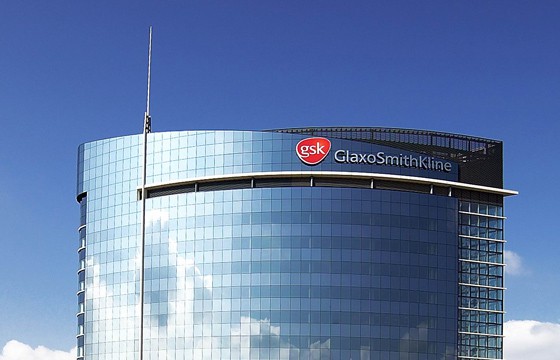
New GlaxoSmithKline chief executive Emma Walmsley wielded the axe again this week, cutting products and R&D programmes alike in a makeover designed to deliver a leaner, fitter company in 2020.
More than 130 non-core brands will be offloaded across its three divisions – pharma, vaccines and consumer health – and 30 R&D programmes will be culled including 13 in clinical trials, headed by IL-6 inhibitor sirukumab for rheumatoid arthritis, which is partnered with Johnson & Johnson.
Also under review is GSK’s rare disease unit, which has already chalked up one success with the launch of gene therapy Strimvelis but according to Walmsley may do better “outside GSK”.
Along with major structural changes to the group and job losses announced last week, the scale-down should cut annual costs by £1bn ($1.3bn) by 2020, improving cash generation and the flexibility to invest in future growth, said GSK.
The company has spread its R&D spend too thinly in the past, and needs to focus on a smaller number of therapeutic categories – HIV and respiratory plus oncology and immuno-inflammation – if it is to improve productivity and reduce development times, said Walmsley at the firm’s second-quarter meeting. Now, around 500 researchers will be freed up to work on higher-priority projects.
“Our clear aim here is to develop the next wave of innovation, and the new pharma portfolio for early 2020 and beyond,” she said, adding that the company has also launched a review of its drug development functions to see how they can be improved.
Over the next three years the critical new products for GSK will be its closed triple therapy for chronic obstructive pulmonary disease (COPD), new dolutegravir-based HIV treatments and shingles vaccine Shingrix as it builds towards the new product wave.
GSK sold off the bulk of its oncology portfolio to Novartis in 2014, but in the interim has brought through new projects, including immune checkpoint inhibitors targeting OX40 and ICOS, which are in phase I/II testing and currently leading its cancer R&D portfolio.
Meanwhile, its immuno-inflammation pipeline is headed by tapinarof, a topical non-steroidal anti-inflammatory drug for atopic dermatitis and psoriasis that is in phase II.
“We’re also looking to reduce our overheads in manufacturing across the whole group with a simpler network and improved productivity, and we will reduce our supply base in manufacturing by 25% by 2020,” said Walmsley.
The strategic shift came as GSK reported a 3% increase in second-quarter sales to £7.3bn, with pharma rising by the same margin to £4.4bn.




